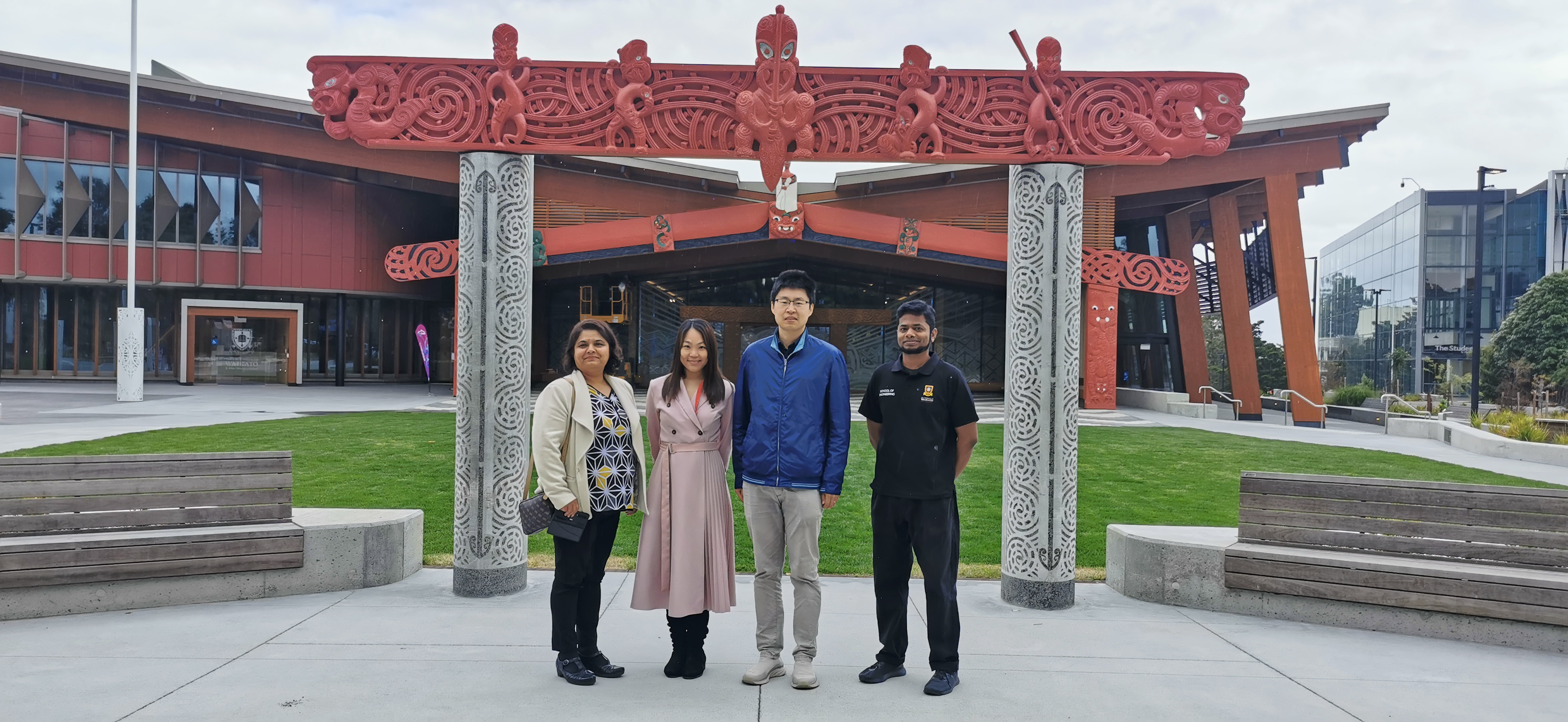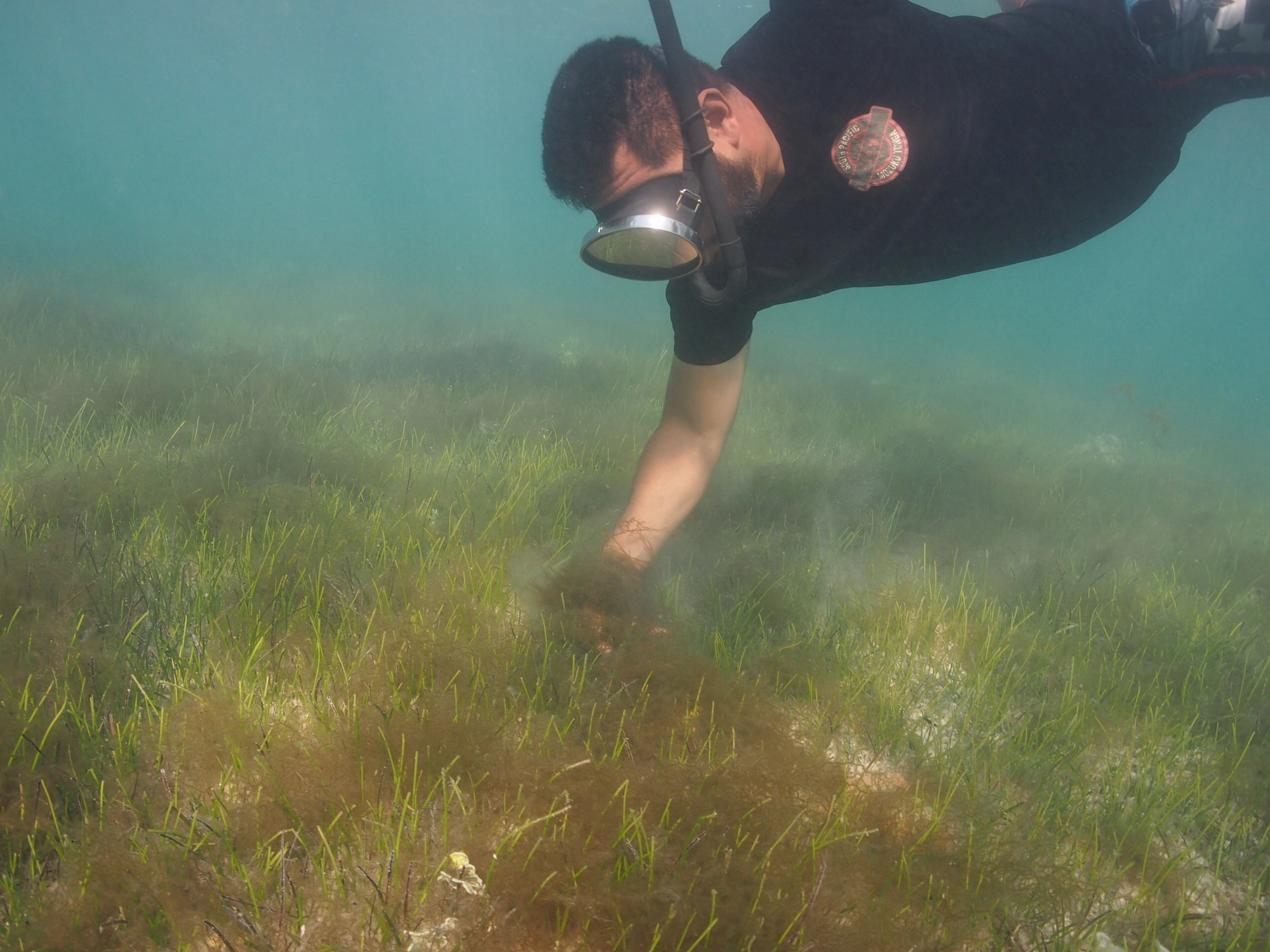The pressure on modern athletes is more intense than ever, with greater media and social media coverage and heightened public scrutiny.

The pressure on elite female athletes is immense.
In New Zealand, mental health in elite sport came to the fore following the suicide of New Zealand elite track cyclist Olivia Podmore in August, just days after the close of the Tokyo 2020 Olympic Games.
Hours before her death, Podmore spoke about the pressures of high-performance sport in an Instagram post.
University of Waikato Professor of Sociology, Holly Thorpe, echoed the thoughts of many people around New Zealand and the world when she called for urgent changes to the culture of elite sport. A leader in the field, Professor Thorpe’s research is focused on the gendered sporting environment and the impact on female athlete health.
Professor Thorpe says it’s hard for elite athletes - especially sportswomen - to show their vulnerabilities in an environment that continues to prioritise winning and results in almost every decision that is made including team selection, investment in particular sports and athletes over others, and the levels of financial, social and media support.
“Too often abuse and bullying is normalised in sport. It is no wonder athletes don’t feel safe reporting their concerns. High performance sport is far from an even and level playing field, and such inequities are exacerbated for women,” Professor Thorpe says.
Professor Thorpe believes the current elite sport model has been breaking athletes for many years.
She says elite athletes don’t want to be seen as “the one” - the trouble maker, not on form, struggling with burnout, or being trolled on social media. They can become afraid to ask for help and often internalise their struggles, adds Professor Thorpe.
“A win-at-all-costs mentality has become normalised to the extent coaches often fail to acknowledge they are part of the problem,” she explains.

Professor Holly Thorpe is passionate about supporting the health and wellbeing of female athletes.
“Athletes learn from a young age that they must buy into a sport ethic that involves personal sacrifice for the game, suppression of vulnerability and acceptance of extreme discipline and surveillance.”
This ‘whatever it takes’ attitude undermines the health and wellbeing of athletes, but in many countries (including New Zealand) funding is dependent on international podium results, and everyone’s job is on the line if the athlete fails to perform and win medals.
She says it's important to acknowledge that the problem is not isolated to individual sports or individual athletes.
“That’s often what we see in the media – one athlete who was brave enough to speak out. The media often frame the issue as ‘she was weak, she couldn’t handle it’. But this is just the tip of the iceberg.
“Some of the most wonderful, talented athletes at the peak of their career are walking away from their sports, choosing to give up the pressures that stem from a fundamentally toxic culture,” she adds.
“Internationally, tennis champion Naomi Osaka and multi-medal-winning Olympic gymnast Simone Biles were brave enough to say ‘enough is enough’ and make difficult decisions to prioritise their own well-being in sporting environments that value them as athletes rather than human beings.”
Professor Thorpe says the pressure on sportswomen is even greater than men as they manage expectations from sports organisations, coaches, the public and social media to win, and are also expected to conform to particular ideals of femininity, beauty and success.
“For decades, women’s sport has also received less funding, resourcing and research, meaning organisations are not always well supported to manage those pressures,” she says.
Professor Thorpe is part of a High Performance Sport New Zealand working group committed to building healthy environments and improving conditions for female athletes (WHISPA).
She has organised three national symposiums on this topic. Most recently she has been working with the team to create educational resources to raise awareness of some factors in the broader sporting culture that are impacting female athlete health and wellbeing, including the pressures of social media.
She also provides advice to coaches to build healthy sporting cultures for their female athletes.
For the transdisciplinary initiative to have real impact, Professor Thorpe says sports organisations must commit to prioritising health and making tangible changes.
“The group has brought together different knowledge, with experts from across the disciplines. But what has kept us together is recognition that there is a complex problem here and we need to work together to create real change.
“We need to work towards building a more gender-responsive and reflexive sporting environment that acknowledges the power differentials, works to reduce inequities, and creates a safe and supportive environment for our sportswomen.”
Professor Thorpe says we can only hope those working with athletes – from development to elite levels – are also willing to take responsibility and commit to a process of rethinking deeply ingrained practices and value systems.
“High performance and wellbeing are not mutually exclusive. Healthy, happy and flourishing athletes will stay in sport longer, come back from injury and illness faster and ultimately perform better. They will also be more likely to give back to the sport in retirement,” she says.
For all these reasons she says it is worth committing to new models of elite sport.




